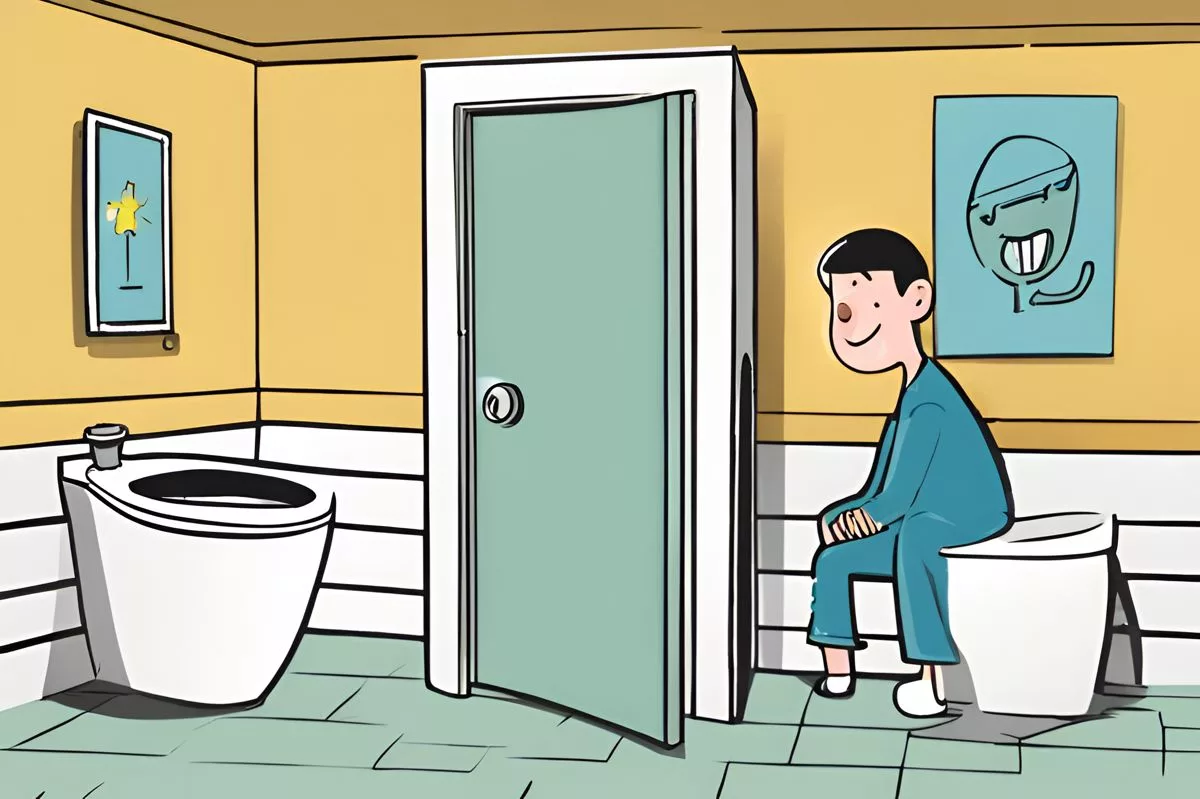Loowatt, a private toilet service in South Africa, charges R350 per month for its offering that includes maintenance. The service is spearheaded by Loowatt and Khanyisa Projects, and it promotes the production of locally-made toilets that bolster business growth and sustainability. Despite the positive progress, South Africa’s informal settlements still face a need for accessible, secure, and private home sanitation services that reflects an inhabitant’s aspiration for dignity and respect.
Unveiling the Private Toilet Service
South Africa’s fee-based, privately operated toilet service known as Loowatt offers its services at an affordable price of R350 per month inclusive of maintenance. The initiative, spearheaded by Loowatt and Khanyisa Projects, promotes the production of locally-made toilets, that bolsters business growth and gives a significant boost to sustainability.
The dialogue involving sanitation in South Africa is filled with contrasting opinions due to the myriad socio-economic aspects of the country. The emergence of a fee-based, privately managed toilet service in certain areas has sparked a conversation marked by curiosity, acceptance, and a reasonable amount of skepticism. This seemingly simple idea has proven to be revolutionary in its implementation and repercussions. This article explores this service, its reception, and its implications for sanitation within South Africa’s informal communities.
Unveiling the Private Toilet Service
The fee-based, privately operated toilet service, known as Loowatt in South Africa, offers its services at an affordable price of R350 per month inclusive of maintenance. The modus operandi of this service is built on collaboration, roping in service providers of varied sizes, from large sanitation firms to small and medium-sized enterprises (SMMEs). The initiative, spearheaded by Loowatt and the Khanyisa Projects, kick-started with funding from the Water Research Commission (WRC) and Unilever’s Transform program, operating under the brand name Kalula.
The primary force driving this service, as per Infrastructure News, is commercialization. Over time, numerous sanitation projects stumbled upon expiration of grant funding. To tackle this recurrent issue, Loowatt is promoting the production of locally-made toilets. This not only bolsters business growth but also gives a significant boost to sustainability.
Sanitation Challenges in Informal Settlements
South Africa’s informal settlements are characterized by a glaring absence of sanitation services. The handful of available sanitation facilities are usually shared and located at a significant distance from residential areas, subjecting inhabitants to safety hazards and potential violence. The limited nighttime access to these facilities compels the dwellers to use buckets, subsequently leading to a disposal issue come daybreak. Evidently, the demand for accessible, secure, and private home sanitation services extends beyond the basic requirement for cleanliness. It mirrors the inhabitants’ aspiration for dignity and respect.
The permanent installation of toilets, serviced weekly, has satisfied users as long as the service remains dependable. Before the rollout of the service, thorough interaction with community leaders, organizations, and local authorities was conducted, laying a robust foundation for user acceptance.
News24 revealed that flexible payment methods for the service are available, with prepaid coupons being sold at local stores and well-known retailers. There is a grace period for non-payment, but repeated failure to pay leads to the withdrawal of the toilet service.
Diverse Views on Sanitation Spending
Despite the hopeful scenario painted by the private toilet service, residents of Ekurhuleni have expressed disappointment with the city’s expenditure on chemical toilets. As per GroundUp, residents are advocating for a redistribution of the R37.3 million annual budget allocated for chemical toilets to be used for the construction of fully functional flush toilets.
Initially launched in 2014 as a provisional measure, these chemical toilets have now become a source of vexation due to the absence of a permanent resolution. City spokesperson Zweli Dlamini confirmed the monthly budget allotted for chemical toilets and recognized residents’ safety fears. Consequently, the quest for more economical solutions to the toilet problem persists. Moreover, the city has plans to offer permanent services if an informal settlement finds itself in an appropriate housing area.
From this narrative, it is evident that sanitation in South Africa’s informal settlements is a multi-faceted issue. It demands a delicate grasp of social dynamics and a dedication to inventive solutions. The fee-based, privately managed toilet service is a positive stride. However, the journey to comprehensive sanitation for everyone remains a task that requires attention from various angles. As this tale continues to unfold, the expectation for the final chapter of this transformative initiative keeps growing.
What is Loowatt and Khanyisa Projects’ private toilet service in South Africa?
Loowatt and Khanyisa Projects offer a fee-based, privately operated toilet service in South Africa that charges R350 per month inclusive of maintenance. The service promotes the production of locally-made toilets that bolster business growth and sustainability.
What are the sanitation challenges faced by South Africa’s informal settlements?
South Africa’s informal settlements face a glaring absence of sanitation services, with limited nighttime access to shared facilities and potential safety hazards. The demand for accessible, secure, and private home sanitation services extends beyond the basic requirement for cleanliness and reflects the inhabitants’ aspiration for dignity and respect.
How is Loowatt addressing South Africa’s sanitation challenges?
Loowatt and Khanyisa Projects’ private toilet service aims to provide accessible, secure, and private home sanitation services to South Africa’s informal settlements. The service is designed to satisfy users as long as it remains dependable and offers flexible payment methods for prepaid coupons sold at local stores and well-known retailers.
What are some of the diverse views on sanitation spending in South Africa?
Residents of Ekurhuleni have expressed disappointment with the city’s expenditure on chemical toilets and are advocating for a redistribution of the annual budget allocated for chemical toilets to be used for the construction of fully functional flush toilets. However, the city has plans to offer permanent services if an informal settlement finds itself in an appropriate housing area.
What is the primary force driving Loowatt’s private toilet service?
According to Infrastructure News, the primary force driving Loowatt’s private toilet service is commercialization. The service promotes the production of locally-made toilets that not only bolsters business growth but also gives a significant boost to sustainability.
How has the private toilet service been received by South Africa’s informal communities?
Before the rollout of the service, thorough interaction with community leaders, organizations, and local authorities was conducted, laying a robust foundation for user acceptance. The permanent installation of toilets, serviced weekly, has satisfied users as long as the service remains dependable. However, repeated failure to pay for the service leads to the withdrawal of the toilet service.












